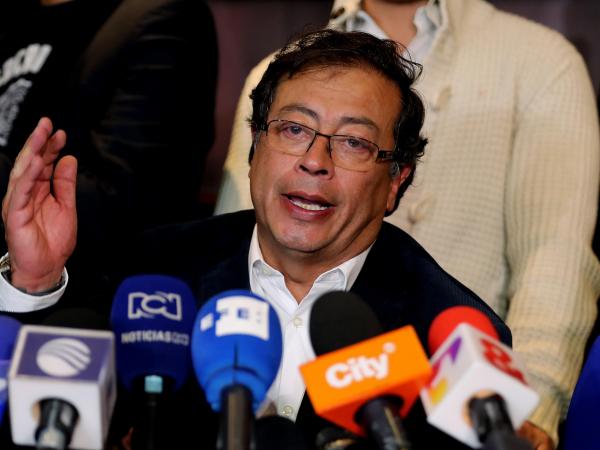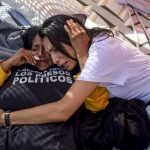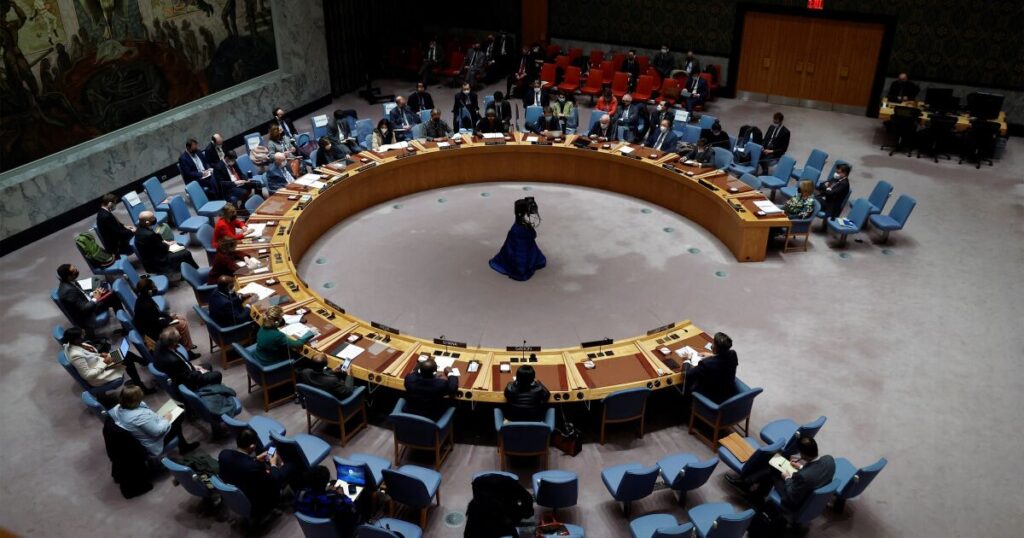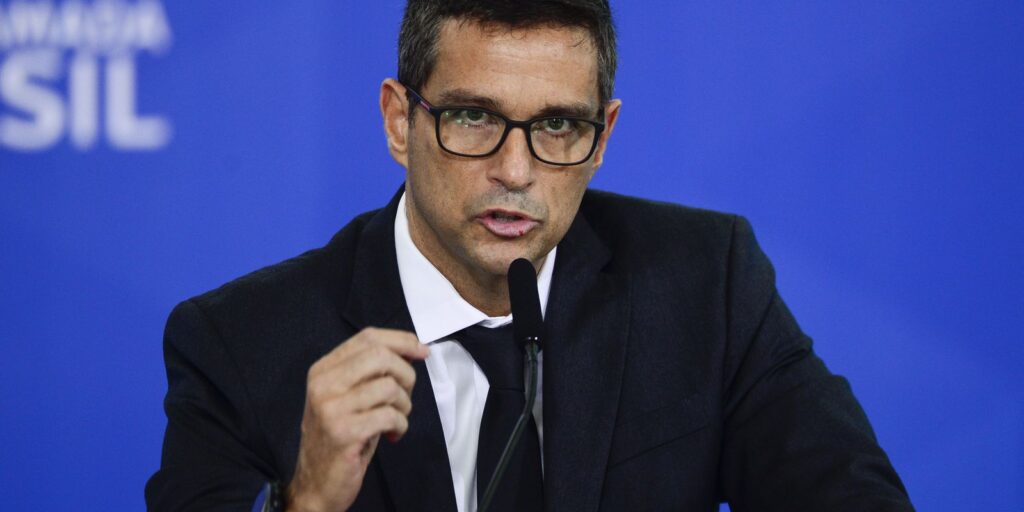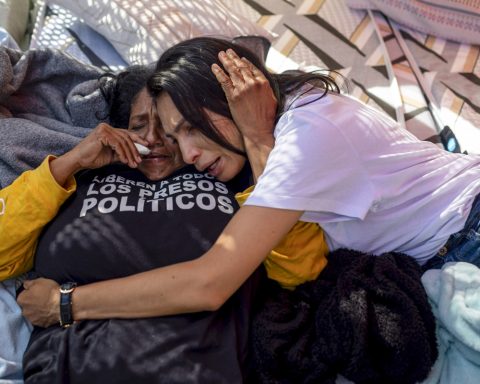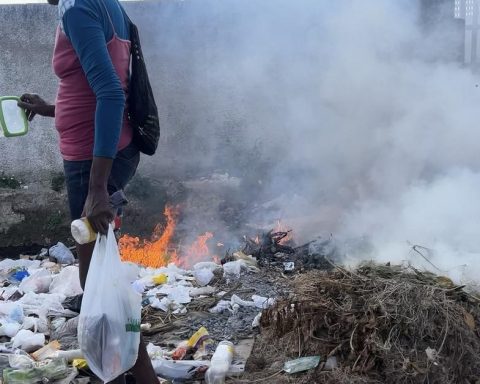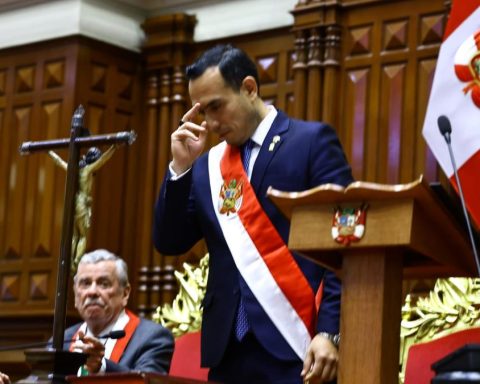Senator Gustavo Petro returns to the electoral contest for the Presidency for 2022-2026. The pre-candidate of the Historical Pact coalition proposes several reforms thoroughly in health, taxes, work, pensions, tariffs and oil.
(Petro attacks Banco de la República and says that he would reform).
What would be your strategy to achieve steady GDP growth?
Part of that growth is the reactivation by stopping the quarantines. An important fact, which has not been so public, is that with the same magnitude of recovery in some sectors, some activities are growing that do not simply respond to an opening: clothing and footwear.
I think what is working there is the protection effect of international trade, which generates the intense devaluation of the peso. Imports become very expensive, and the national industry resurfaces. That shows us that we are right to propose a smart tariff system. You have to look at how much a tariff contributes to the creation of added value, whether it is raised or lowered, that is why I have called it a smart tariff policy.
What model does it propose in health and how would it guarantee the coverage of the EPS?
This is something we did in Bogotá. We did not have major conflicts, but at the national level there must be a reference system. In 2015, we achieved close to 7.5 million consultations in homes, which we focused on strata 1 and 2, and we covered 800,000 families with several consultations per year. The result in mortality, malnutrition and morbidity rates showed reductions.
When a doctor detects an illness in someone who must be hospitalized or cared for in a center and refers them, when they arrive at that center, the space comes with the EPS, which they must pay. Actually I think that the EPS are left over, but if the EPS is not there, because in many territories the service of the EPS is weak, then the Secretaries of Health have to be ready to assume that role when it is already an assistance service.
(Petro and Galán, the most favored candidates for the presidency).
Would you propose a pension or labor reform?
Both. A labor reform must have as its objective job stability, avoid three-month garbage contracts, because that increases productivity and well-being. A pension reform must have as its objective that all non-pensioned senior citizens receive at least half a pension, there are 3 million people, and that implies $18 billion annually. The only way to achieve this item is to free the State from the transfers it makes to Colpensiones and for Colpensiones to be able to pay its pensioners, which are the majority of Colombia, it is necessary for the resources of workers to enter there, what is called a simple delivery system.
That pensioners come to pay directly with the guarantee that the contributor will receive their pension at the time and by the same mechanism. The private fund would then be free for those with high salaries to want to supplement their pension benefits with personal savings.
Would you promote a new tax?
Yes, the first thing is to repeal the 2019, there the fiscal deficit begins to be resolved. Additionally, we have to raise the tax on dividends, raise the property tax on fertile and unproductive lands in the hands of landowners, which would be a municipal tax that would go to education and that would substantially be the reform. By repealing the 2019 reform, presumptive income is revived, and there should be a special article to tax income that has gone to tax havens.
You have said that the board of Banco de la República is influenced by the ruling party and that you would reform it. What changes would you make?
Actually no reform is needed. I would have the right to appoint some members on the board, but those will not be like the ones Duke appointed, so pluralism is already created. They would have a majority of one, but I believe that the Banco de la República should abide by ruling 481 of 1999, which expresses as a constitutional mandate what I have already stated, it is an order of the Court, and that is that the objectives of the Banco de la República Republic are not exclusively to maintain the purchasing power of the currency, that is, fight against inflation, but production and employment in Colombia.
Since the creation of the board in 1991, inflation has decreased, do you think that they have not fulfilled that task?
No, because the other aspect ordered by the Constitution has not been fulfilled, which is that employment grows, then employment can be sacrificed, it is a rickety economy with most of the population in the rummage, earning less than the minimum wage, but with low inflation rates, even last year, and that is not compatible with a good economy.
(For Ecopetrol, Petro’s anti-oil plan would end up in court).
You have said that if you became president, oil exploration would cease. How to replace that income?
The current oil system throughout the world is going to end, that’s not what I’m saying. All the meetings of the presidents of the COPs seek how to do it. What corresponds to me is how to make the Colombian economy move towards a decarbonized economy, we have a period of more or less 12 years to achieve it, it is more or less how long the oil reserves would last us and we can achieve it even if we have oil in our Bookings. But you have to start now.
In the short term we have options such as increasing the added value of coffee, a lot of tourism and cannabis exports. In the medium term, the country’s agricultural productivity must be increased.
Would you maintain the current social programs?
For now we see a trend towards the ‘sweetening’ of the virus, the chances of new quarantines seem to be moving away. If the context is one of a temporary normalization of public health in the world, we have to focus on an economy capable of generating many jobs and a lot of equity.
It is necessary to recover 600,000 companies that went bankrupt, precisely because of the lack of subsidies. They are small and medium-sized companies, and with female work in general. The destruction of these companies could have been avoided, and that brought not only an increase in the female unemployment rate, but also in hunger.
And not because of a lack of food, but because of a lack of income to buy, and furthermore, the price of food merchandise skyrocketed because they are imported or use imported inputs. We must make an ‘anti-hunger’ policy. Colombia produces enough food to feed its people and could do better, but the state has to appear. An emergency food policy is something that touches.
LAURA BECERRA ELEJALDE / ROBERTO CASAS LUGO
BRIEFCASE
